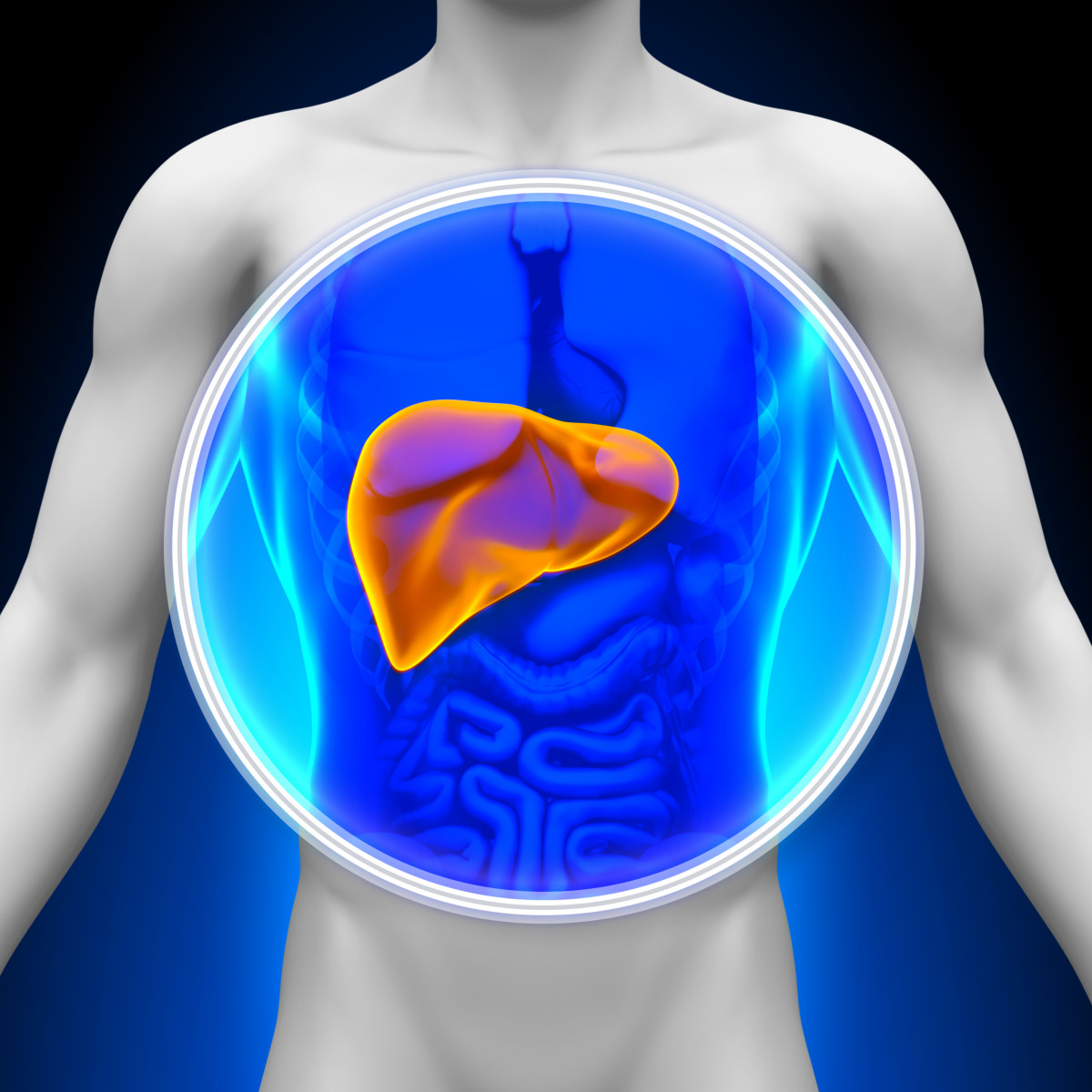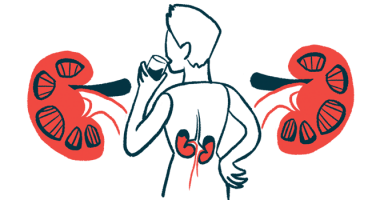Revatio Reduces Symptoms of PPHTN, Allowing Safe Liver Transplant, Case Report Shows

Treatment with Revatio (sildenafil) successfully reduced symptoms of portopulmonary hypertension (PPHTN), allowing patients to undergo liver transplant safely, a case report study shows.
The case report study, “Sildenafil Monotherapy to Treat Portopulmonary Hypertension Before Liver Transplant,” was published in the journal Transplantation Proceedings.
Pulmonary hypertension (PH) is a chronic and progressive lung disease, in which the blood pressure inside blood vessels in the lungs rises above normal values. When PH also leads to high blood pressure in the portal vein — the vein that supplies blood from the gastrointestinal tract to the liver — patients may develop a condition known as portopulmonary hypertension.
PPHTN is a rare and severe complication of liver disease. Although a liver transplant is often the most effective treatment, patients with severe PPHTN are not advised to undergo the procedure, as the condition significantly reduces the chances of transplant success and worsens their overall clinical prognosis, due to the increased risk of heart failure during surgery.
“Therefore, it has been recommended that patients with moderate to severe PPHTN undergo medical treatment to lower the pulmonary artery pressure before undergoing transplant,” the researchers said.
In this case report study, a group of physicians from the Chang Gung Memorial Hospital in Taiwan described the clinical cases of three patients with severe PPHTN who were treated with sildenafil for at least six months before safely undergoing liver transplant.
Revatio (marketed by Pfizer) is a vasodilator — an agent that induces blood vessels’ widening and relaxation — that belongs to a class of molecules known as phosphodiesterase-5 inhibitors (PDE5i).
The first patient was a 59-year old woman with primary biliary cirrhosis who had been diagnosed with PPHTN during anesthesia before undergoing transplant. She was treated with 25 mg of Revatio, once a day, for eight months, and her mean pulmonary arterial pressure dropped by 34% after treatment.
The second patient was a 57-year-old woman with liver cirrhosis associated with alcohol abuse and hepatitis C virus infection. She was diagnosed with PH after standard echocardiography and right heart catheterization. She started treatment with Revatio administered at a daily dose of 25 mg, and 17 months after treatment, her pulmonary arterial systolic pressure dropped by 34%.
The third patient was a 47-year-old man with liver cirrhosis associated with alcohol abuse and hepatitis B virus infection. He was diagnosed with PH by echocardiography, and started treatment with Revatio administered at a daily dose of 50 mg, twice a day, then increased to three times a day before being referred to the Chang Gung Memorial Hospital. The patient was kept on Revatio, administered at a daily dose of 25 mg, for an additional period of four months. After treatment, his pulmonary arterial systolic pressure decreased by 47%.
Patients experienced no adverse effects during treatment with Revatio.
After treatment, all patients underwent liver transplant safely, and were discharged from the hospital uneventfully. At follow-up, all patients remained in a stable clinical and functional state. Revatio treatment was discontinued after the transplant.
“In conclusion, sildenafil monotherapy was effective in decreasing PPHTN and allowing [liver transplant] to be performed in patients with [mean pulmonary arterial pressure higher than] 35 mm Hg,” the researchers stated.
“Further studies should clarify the optimal dosage and combination regimens in patients with impaired liver function. In addition, a more precise assessment of the pulmonary hemodynamics and right heart function are needed, and specific hemodynamic criteria for PPHTN should be defined to refine the prognostic factors for treatment success and patient survival,” they added.







